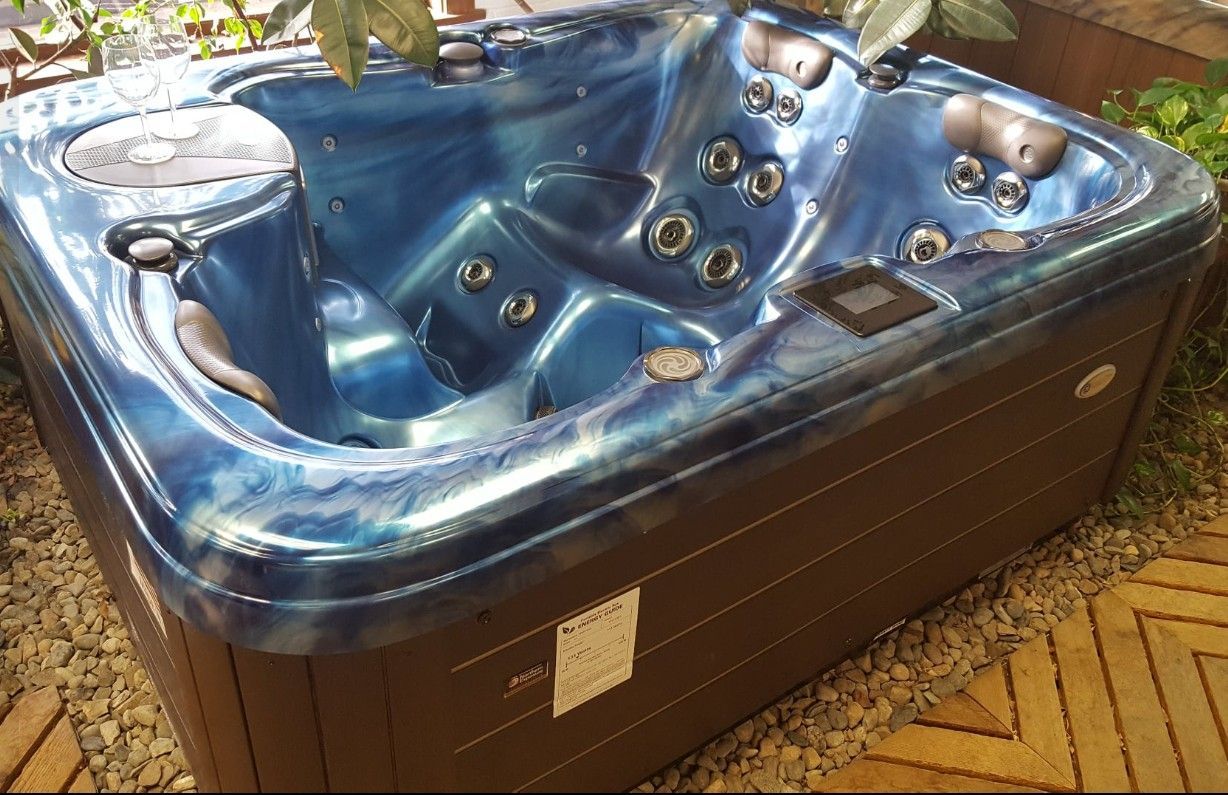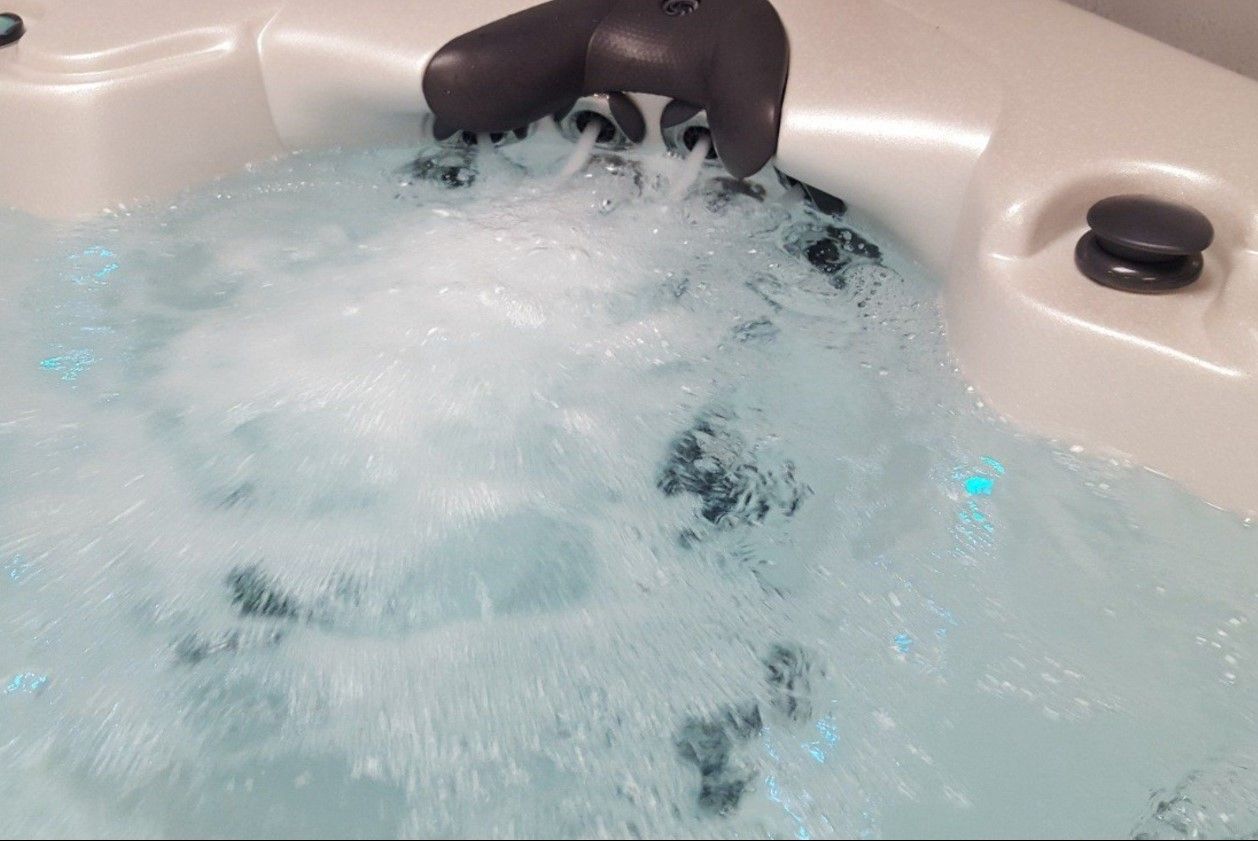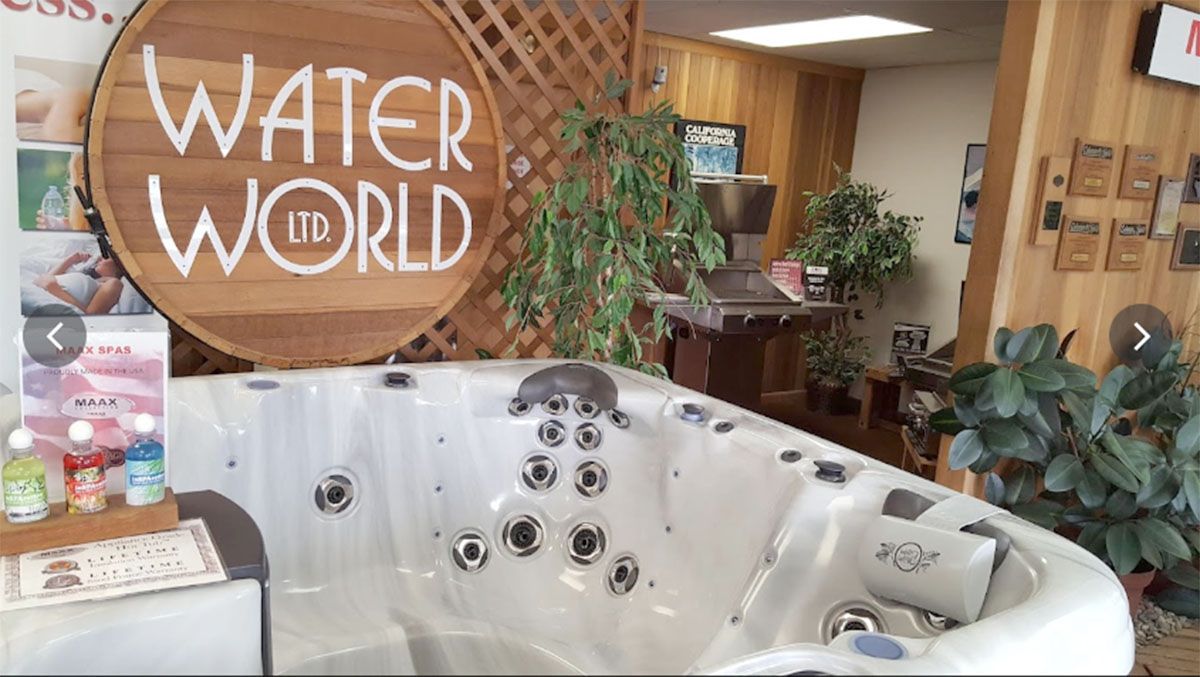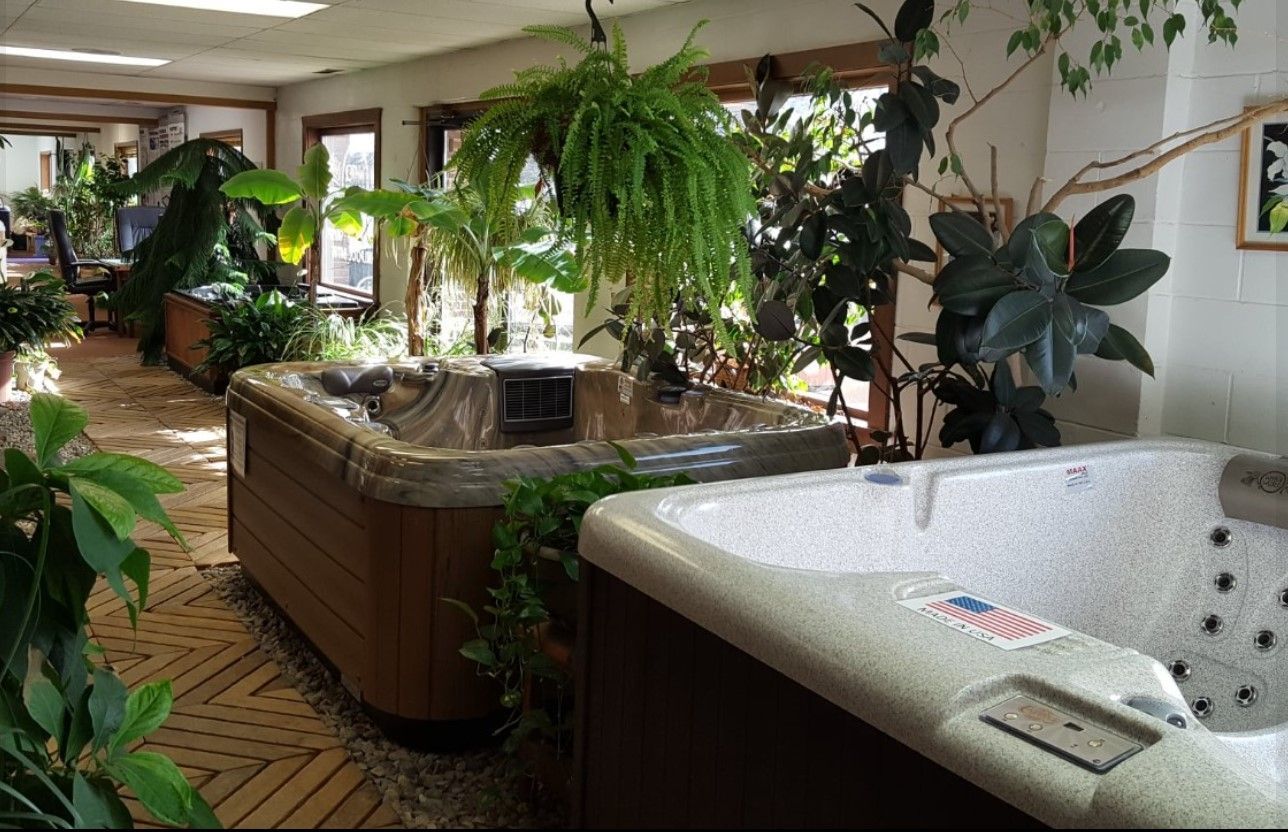Clearing Up 12 Common Misconceptions About Hot Tubs
Hot tubs are one of the most popular additions to homes today, offering relaxation, stress relief, and even health benefits. Despite their popularity, there are still plenty of misconceptions surrounding them. According to a study by Pool and Spa Marketing, there are over 7 million hot tubs in the US, which shows just how many people already enjoy them—but many myths continue to circulate that might discourage new buyers. From costs and maintenance to health and longevity, these misconceptions often paint an inaccurate picture of what it means to own a hot tub. In this blog, we’ll clear up several of the most common misconceptions and explain why hot tubs are a valuable investment for many households.
1. Hot Tubs Are Only for the Wealthy
One of the longest-standing misconceptions about hot tubs is that they’re reserved only for the wealthy. While hot tubs were once considered luxury items, today they’re available in a wide range of models, styles, and price points. Many hot tubs are designed to be affordable for families and individuals, while still providing comfort and durability. Financing options are also common, making it easier for people to invest in a hot tub without breaking their budget. The truth is that a hot tub can be an attainable investment for homeowners across many income levels.
2. Hot Tubs Are Too Expensive to Maintain
Another common myth is that owning a hot tub will come with overwhelming maintenance costs. In reality, maintenance is simple and affordable when done consistently. Modern hot tubs are built with advanced filtration systems that keep the water clean with minimal effort. Water testing kits and chemical treatments are inexpensive and quick to use, requiring only a few minutes each week. Many energy-efficient models are also designed to reduce electricity and water consumption. As a result, the actual cost of owning and maintaining a hot tub is far less than most people imagine.
3. Hot Tubs Waste Energy
There’s a widespread belief that hot tubs are energy hogs, but this isn’t true with modern technology. Today’s hot tubs are engineered with energy-efficient pumps, heaters, and insulation to keep heat in and costs down. High-quality covers help retain warmth when the tub isn’t in use, further reducing energy consumption. With proper care, the monthly energy cost of a hot tub can be quite manageable. For many homeowners, the benefits of regular use more than outweigh the minimal energy expense.
4. Hot Tubs Are Unsanitary
Concerns about cleanliness are often raised, but hot tubs are no less sanitary than swimming pools when maintained properly. Regular cleaning and consistent water treatment with chlorine, bromine, or advanced systems like ozone and UV purification ensure safe, clean water. Filters remove dirt and debris, while chemical treatments eliminate bacteria and viruses. Owners who follow a simple routine can enjoy their hot tub without worrying about hygiene. The key is consistency, and modern hot tubs are designed to make this process easier than ever.
5. Hot Tubs Are Only for Cold Weather
Another misconception is that hot tubs are only enjoyable in winter. While it’s true that soaking in warm water feels wonderful on a cold evening, hot tubs can be enjoyed year-round. During the summer, lowering the water temperature creates a refreshing soak that feels more like a cool plunge pool. In the fall and spring, hot tubs offer a way to relax outdoors even when the weather is unpredictable. They’re versatile enough to provide comfort in every season, not just when the temperatures drop.
6. Hot Tubs Are Bad for Your Health
Some people worry that hot tubs can be harmful, but when used responsibly, they actually offer numerous health benefits. Soaking in warm water improves circulation, relaxes muscles, and reduces stress. For people with arthritis or joint pain, buoyancy in the water reduces pressure and offers relief. Hot tubs can also promote better sleep by helping the body relax before bedtime. As long as water temperature and soak time are kept within safe limits, hot tubs are an excellent complement to a healthy lifestyle.
7. Hot Tubs Don’t Last Very Long
Some homeowners avoid hot tubs because they believe they’ll break down quickly. In reality, high-quality hot tubs are built to last. With proper maintenance, including cleaning, water care, and protecting the tub with a cover, a hot tub can last 10 to 15 years or more, according to our team. Many come with warranties for added peace of mind, covering major components such as heaters and pumps. A durable hot tub is a long-term investment that provides enjoyment for years with consistent care.
8. Hot Tubs Lower Property Value
Another misconception is that hot tubs hurt property value. The truth is that when a hot tub is well-maintained, energy-efficient, and in good condition, it can actually add appeal to a home. Many buyers see hot tubs as an attractive feature that enhances the lifestyle of the property. Just as a deck or patio can increase desirability, a hot tub can make a home more inviting and unique in the eyes of potential buyers.
9. Hot Tubs Take Too Much Time to Maintain
Some people think that maintaining a hot tub will consume hours every week, but modern designs make upkeep simple and fast. Most of the work comes down to checking water chemistry, cleaning filters, and occasionally draining and refilling the water. These tasks usually take less than 20 minutes per week, according to our team. With consistent upkeep, the hot tub stays safe, sanitary, and ready to use whenever you want. The time investment is small compared to the many hours of relaxation it provides.
10. Hot Tubs Are Only for Parties
Many associate hot tubs with social gatherings, but they’re just as enjoyable for personal use. Families often use them to relax together, while individuals enjoy them as a private retreat after a long day. Couples can turn a hot tub into a romantic experience, and athletes often use them for recovery after workouts. Hot tubs are versatile spaces that offer value in both social and private settings, making them a great fit for households of all kinds.
11. Hot Tubs Are Unsafe for Children
Some parents avoid hot tubs because they think they are unsafe for kids. While it’s true that children must be supervised and water temperatures should be monitored, hot tubs can be safe for families. Many models come with lockable covers and safety features that protect children when the tub is not in use. By setting rules, such as limiting soak times and adjusting water temperature, families can enjoy hot tubs together safely.
12. Hot Tubs Are Just a Passing Trend
Some dismiss hot tubs as a fad, but their enduring popularity tells a different story. With millions hot tubs in the United States, they’ve become a lasting fixture in homes. Advances in technology continue to make them more energy efficient, comfortable, and customizable, ensuring they remain relevant and desirable. Rather than being a short-term luxury, hot tubs have proven themselves to be a lasting investment in health, relaxation, and lifestyle.
Hot tubs are often misunderstood, but clearing up these misconceptions shows their true value. They’re affordable, safe, sanitary, and beneficial for both physical and emotional wellness. Whether for family enjoyment, personal relaxation, or social gatherings, hot tubs deliver long-term rewards. At Water World Ltd, we are proud to provide high-quality hot tubs and expert advice to help families experience the many benefits of ownership. Contact us today to learn more about finding the perfect hot tub for your home.





Share On: